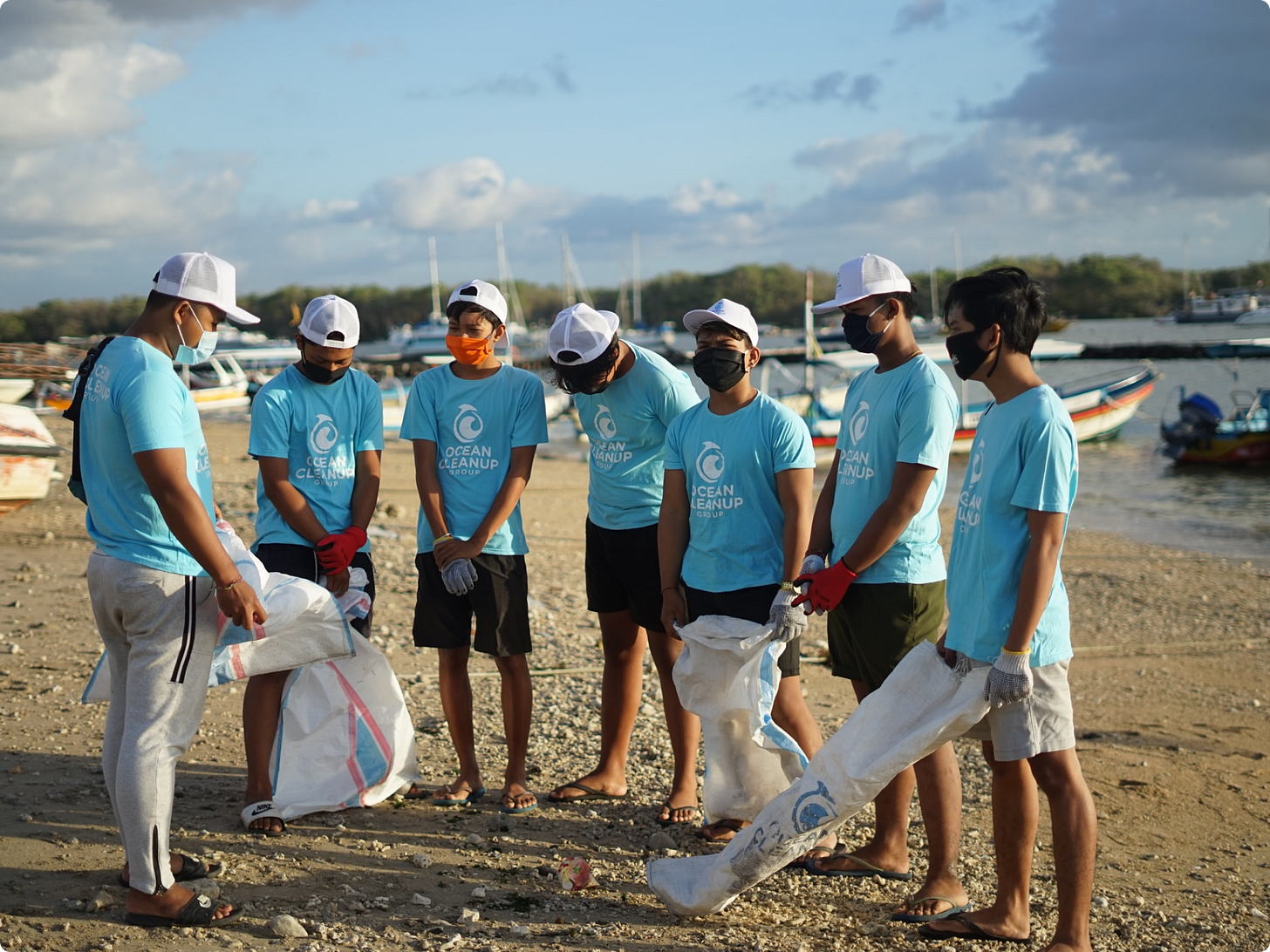As a 90s child, I have fond memories of a show called Captain Planet. It was an animated series that taught children practical ways to care for their planet. Of course, it was done in a fantastical way, but it was my first real intro to environmentalism. It made environmentalism approachable – by giving me information and small ways to act upon it. That is what this edition is all about, just without the power rings and superhero.
Why am I bringing up environmentalism now?
Because the world is falling apart. It is called a climate crisis for a reason.
As a child, I was into environmentalism – as a fad, due to Captain Planet. But then I forgot all about it for nearly 20 years. It took me living in South Florida for the better part of 15 years and feeling the difference in weather, specifically heat, change dramatically. I went from being outside daily to never wanting to leave my house. In more recent years, most locations around the world are feeling and seeing it more tangibly, so it has started to become a pillar of conversation and politics.
Now that it is at the forefront of our lives and impacting our culture, we cannot ignore it anymore.
What is environmentalism?
Most should know the general idea, but it can get vague for some. Generally speaking it is all that encompasses protecting the environment. This can look like taking part in planet-centric initiatives – like recycling or less waste, studying and/or teaching best practices, or even being a social advocate for the earth. It does not have to look like chaining yourself to a tree to prevent deforestation, though I am not against this form of action if it calls for it.
How do you practice it?
As I touched on above, it is different for everyone. The level at which you can practice it might ebb and flow, but trying your best is the main goal.
Micro
Most would say that the first thing to do is to recycle, but I challenge that. The first thing to do is learn. Learn about the problem to the best of your ability. Read, listen to, and watch varied opinions about the topic.
After you have learned, slow down. The main reason why we are in a climate crisis is due to the fact that we have built a society that requires more, and fast. The industrial revolution kicked off the world we live in now. It build all the comforts we love, but it also started killing the planet at a faster rate. If we simply slow down and don’t do what is faster, easier, and cheaper – we can make a huge impact.
Once you have slowed down, you would inherently stop using as many single-use products, so your waste will dramatically decrease. This is when you can use fewer single-use products and when you need to use them – recycle. If you took the time to learn first, you’ll know how to recycle properly and what you can do to get around the use of certain products.
Lastly, build a life that requires less. If we need less, we’ll consume less of the planet's resources. I am not talking about becoming an all-out minimalist, but follow me here. If you don’t buy clothes or new technology as often you won’t be consuming resources or polluting the environment as much. If we drive less, offsetting it with walking or biking, we will emit less pollution. If we use fewer services that prioritize speed, we can reduce both waste and resources used.
These small acts compile to make big changes.
Macro
The key to making bigger changes is to affect only what you can actually affect.
What I mean by this is, don’t do a moonshot right from the start. Protesting in front of your local capital or lobbying your government as your first act will likely yield very little. Start with affecting your local sphere. For most of us, this looks like family and friends. As your circle sees you trying to practice environmentalism, they will likely start asking questions. As much as answering their questions helps, change can only be made by action.
Take your family grocery shopping with you. Show them what you buy and why. Show them how you stock your home, how you recycle, and where you source your clothing from. Show them that being an environmentalist is a slower, more intentional life.
Some might shrug off the act of environmentalism right off. That is ok, don’t force it. Just do what you can, without destroying relationships. I say this, but practicing it is hard! Sometimes I just want to slap the sense into family and friends that won’t even try. But don’t! Fight the urge, please.
If you want to go larger than your circle, try to take part in local initiatives. That could be cleaning your community, lobbying local government, or a myriad of things. If you have a voice on social or other mediums, use it. Spread your thoughts and ideas through the form of story, story evokes change.
Yes, real change will only happen if the governments and companies get on board, but that is a much longer letter, for another day.
I have only been truly into environmentalism for about 6 years. I wish I was doing more sooner and I hope to do even more in the coming years. In actuality, it doesn’t matter when you start – as a child, watching a cartoon; or an adult, sick of sweating while walking to their car. If you want to make a change to your planet, you have to do it on your own terms. As Gaia (Whoopi Goldberg) says during the intro to Captain Planet, “The power is yours”.





